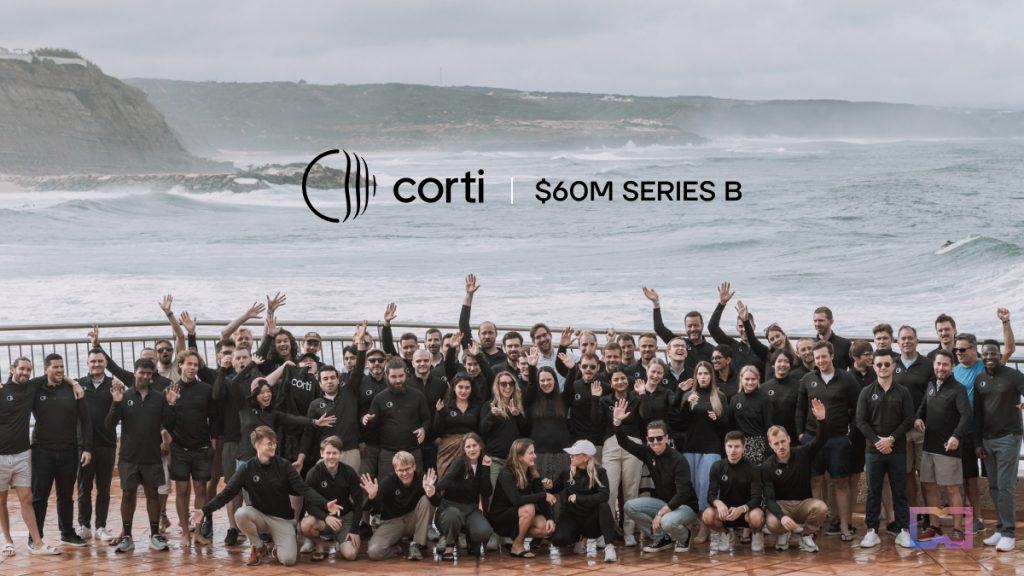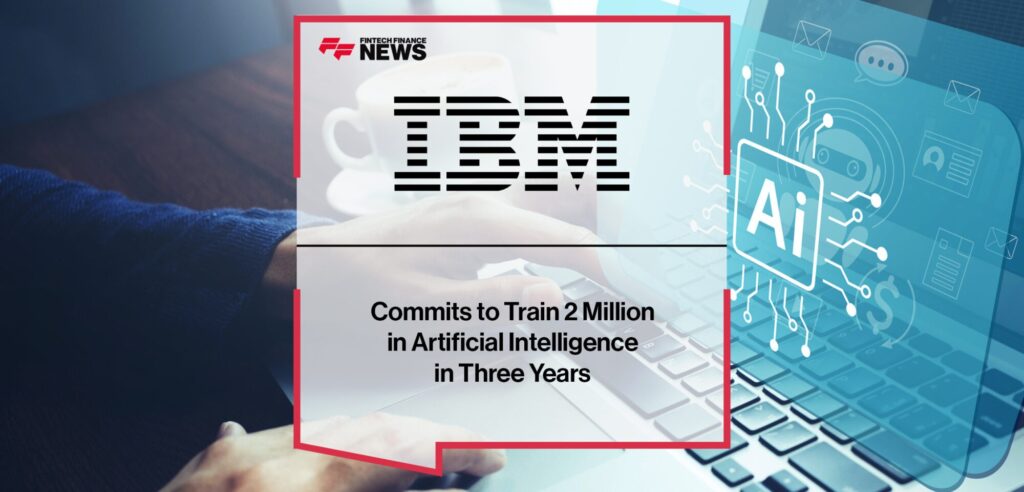AI Startup Corti Raises $60 Million to Take on Microsoft in Health Care
Copenhagen-based startup Corti has secured a substantial $60 million in funding to further advance its mission of revolutionizing the healthcare industry through AI technology.

The investment was led by Prosus Ventures and Atomico, with participation from previous backers Eurazeo, EIFO, and Chr. Augustinus Fabrikker. Although the company has remained tight-lipped about its valuation, its remarkable growth in customers and usage speaks volumes about its impact in the sector.
Just two years ago, Corti raised $27 million in a Series A round when it was assisting in 15 million consultations annually. Now, the company proudly serves 100 million patients each year, with its AI assistant being utilized a staggering 150,000 times daily. This translates to approximately 55 consultations daily across Europe and the United States. Corti boasts that its tools can enhance healthcare workers’ accuracy in outcome predictions by up to 40% while making administrative tasks 90% faster.
Corti’s innovative AI service is often described as an “AI co-pilot” for healthcare professionals, covering various areas of patient care. It assists in triaging during patient interactions, documents entire interactions, offers in-depth analysis to guide decision-making, provides second opinions, and generates real-time and post-meeting notes to identify areas for improvement and clinician training.
Corti’s success reflects the growing adoption of AI in healthcare, particularly after the COVID-19 pandemic highlighted the need for efficient and accurate medical support. The startup has attracted a diverse range of customers, including emergency services in Seattle, Boston, and Sweden, as well as numerous hospitals and medical services.
Unlike some competitors that rely on existing AI models, Corti has taken a unique approach by developing its own AI models and components. Notably, the company has not employed in-house medical experts to avoid introducing bias into its system. Instead, Corti engaged researchers to fine-tune its AI, resulting in a more responsive and functional platform.
While initial skepticism and concerns about job replacement were common when Corti first launched in 2018, the broader acceptance of AI, epitomized by technologies like ChatGPT, has paved the way for more productive conversations. Corti aims to make AI in healthcare a mundane and indispensable part of the industry, steering clear of the contentious debates about its role.
Despite differing opinions on the impact of AI in medicine, Corti’s funding round signals a commitment to improving healthcare efficiency and provider capabilities. With the support of visionary founders Andreas Cleve and Lars Maaløe, Corti is poised to redefine the patient and healthcare experience, ultimately enabling more personalized, preventative, and proactive medicine in a rapidly evolving industry.

I am a law graduate from NLU Lucknow. I have a flair for creative writing and hence in my free time work as a freelance content writer.





